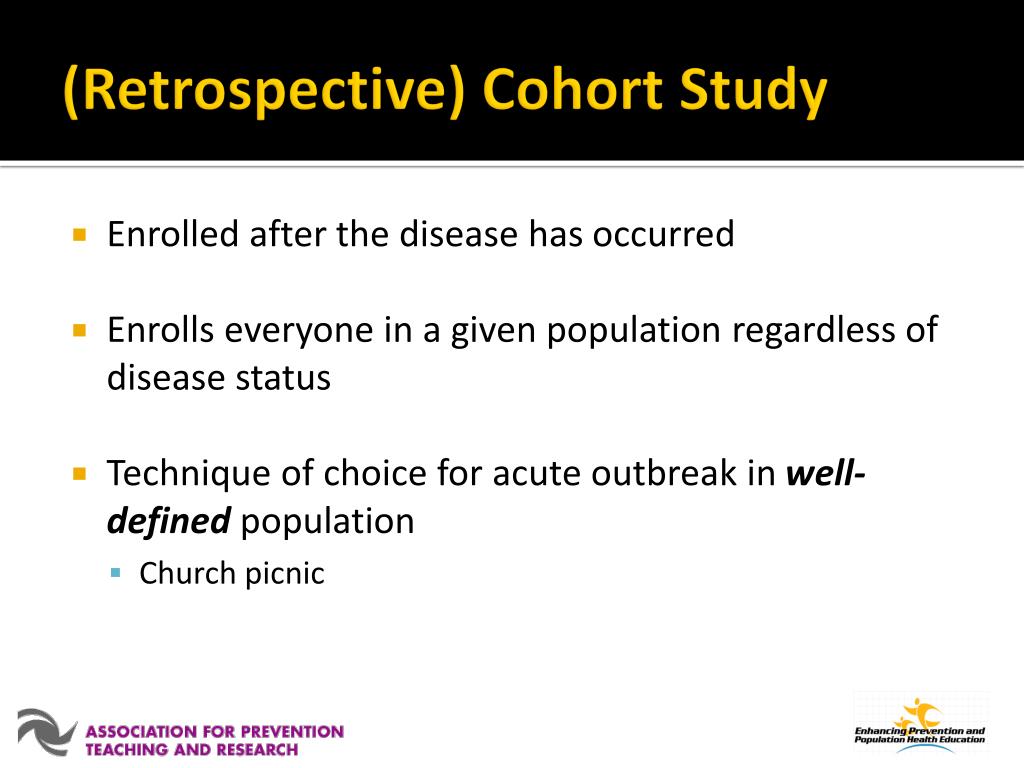
This type of study design (observational) is defined as a nonexperimental research, where the researcher observes a particular environmental behavior without artificially controlling the environment under study. An observational study is one type of epidemiological study design, which can be in the form of a cohort, a case–control, or a cross-sectional study. The authors complying with these guidelines are more likely to succeed in publishing their observational study work in a journal.ĭifferent epidemiological study designs are available and are adopted by a researcher depending on the research question at hand. The STROBE guidelines were created to aid the authors in presenting their work and not to act as a validation tool for the conducted study or as a framework to conduct an observational study on. These guidelines consist of 22 checklist items that the author needs to fulfil before submitting the manuscript to a journal. The original articles publishing the STROBE guidelines together with their bibliographies were identified and thoroughly reviewed. The Strengthening the Reporting of Observational studies in Epidemiology (STROBE) guidelines were created to aid the author in ensuring high-quality presentation of the conducted observational study. When presenting observational studies in manuscripts, an author needs to ascertain a clear presentation of the work and provide the reader with appropriate information to enable critical appraisal of the research.


An observational study is a type of epidemiological study design, which can take the form of a cohort, a case–control, or a cross-sectional study.


 0 kommentar(er)
0 kommentar(er)
